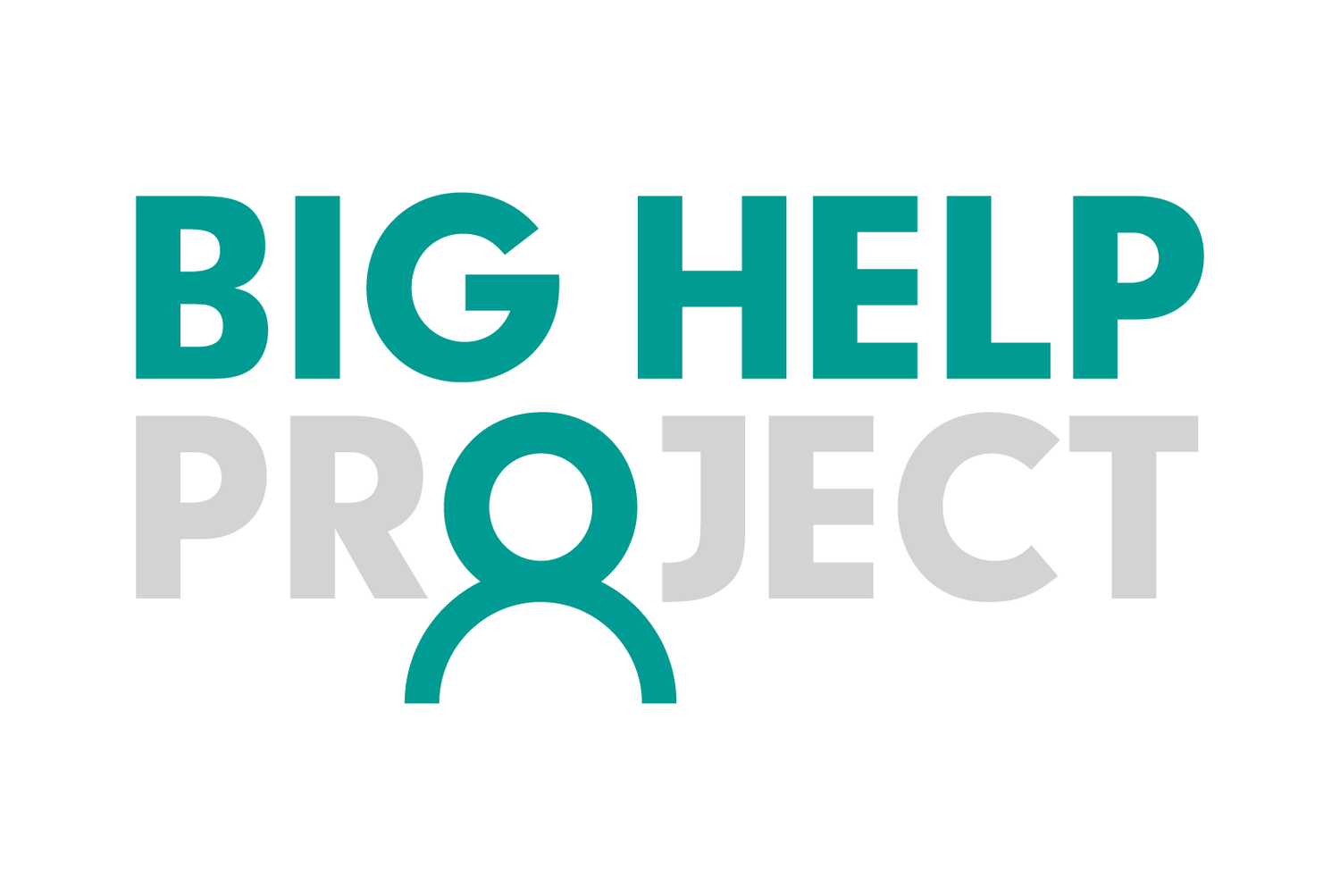Fragile Food Security: Challenges and Hopes Amidst UK's Cost of Living Crisis
Food security in the UK has become an increasingly fragile concept throughout the cost of living crisis, even more so for families with children to feed. In January of this year, the Food Foundation stated that an estimated 24% of households with children were living with food insecurity, defined by the UN as a “lack of regular access to enough safe and healthy nutritious food for normal growth and development and an active and healthy life”. Despite the ease of these levels sparking some justified optimism, food inflation remains almost twice as high as regular inflation as reported by the Office for National Statistics.
This week, supermarkets have assured that UK food prices will ease soon in light of inflation falling, with the inflation rate for food and non-alcoholic beverages decreasing to 17.4% last month. Acknowledging the slower process, the Office for National Statistics stated to the BBC that “you would expect to see [price decreases] reflected in supermarkets but we’re not there yet”, alongside the British Retail Consortium who said that there may be a three to nine-month delay to see the price falls reflected in shops.
Rising food prices leave many families with limited food options, and a limit to the routine and regularity to which they can stick regarding meals. Food insecurity – particularly in childhood – is linked to a number of health risks including malnutrition, poor dental health, and affected mental health. A Leeds University study stated that children who were eligible for free school meals were twice as likely to not meet expected standards for reading, writing, and math’s at the age of 11. Children can also be incredibly aware of their parents’ stress and worries surrounding food provision, and these children reportedly show higher rates of negative emotion and self-harm compared to their food-secure classmates, even if they themselves are not going hungry.
Tracking food insecurity in the UK, The Food Foundation reported that 3 million adults (5.9% of households) reported not eating for an entire day as they could not afford or access food. In addition to this, 23.4% of households with children reportedly experienced food insecurity in June 2023, where 14.8% of households without children. These levels are also stated to be 27% higher than they were pre-COVID.
Despite the harrowing statistics, almost half of children from families struggling with food insecurity are not eligible for Free School Meals as they do not meet the threshold requirements – earning less than £7,400 per year. Free School Meal (FSM) initiatives in the UK have been the centre of debate. A recent Parliament briefing states that ‘while it is difficult to measure the effect of FSM on food insecurity directly, FSM can provide health, educational, and economic benefits.’. Targeted support to aid the families that are suffering on a daily basis from limited access to healthy food, or any food at all, is essential to lessening the financial burden of basic needs. The Environment, Food, and Rural Affairs Committee is also calling on the Government to consider options that would extend FSM provision in school, adding that the promotion of retailers of low-cost food – food typically lower in nutrients – has led to poorer people in the UK to suffer from associated health issues such as obesity.
The tight eligibility for Government schemes such as FSM or Healthy Start (“an NHS scheme that helps women who are pregnant or have young children and are receiving benefits, buy foods such as milk or fruit”) leaves a significant number of those living in poverty without access to potentially life-changing initiatives, or completely unaware of their eligibility for the aforementioned schemes due to a lack of direct promotion aimed towards these families.
Additional factors that may potentially impact the state of food inflation as of this week are, for one, escalations of Russia’s invasion of Ukraine. Ukraine are a major exporter of grain and oil and, following Russia’s invasion last year, prices of these goods skyrocketed. This week Russia declined to extend the Black Sea Grain Deal (a deal brokered by Turkey last year that allowed grain, oilseed, and fertiliser passage across the Black Sea) which was in place to control food prices, and so there is some concern for global food prices which we may begin to see harbour the impact. Alongside this, Rishi Sunak’s announcement that VISA fees for overseas workers would increase has sparked concern that supermarket prices may rise as a result due to the reliance of food producers on overseas workers, existing labour shortages and, in turn, steeper labour prices.
Optimism surrounding access to food and food prices is not ill-founded in light of recent decreases in inflation, but there are also significant challenges to deprived families’ ability to access support schemes, as well as factors combatting the potential for lower food prices.


